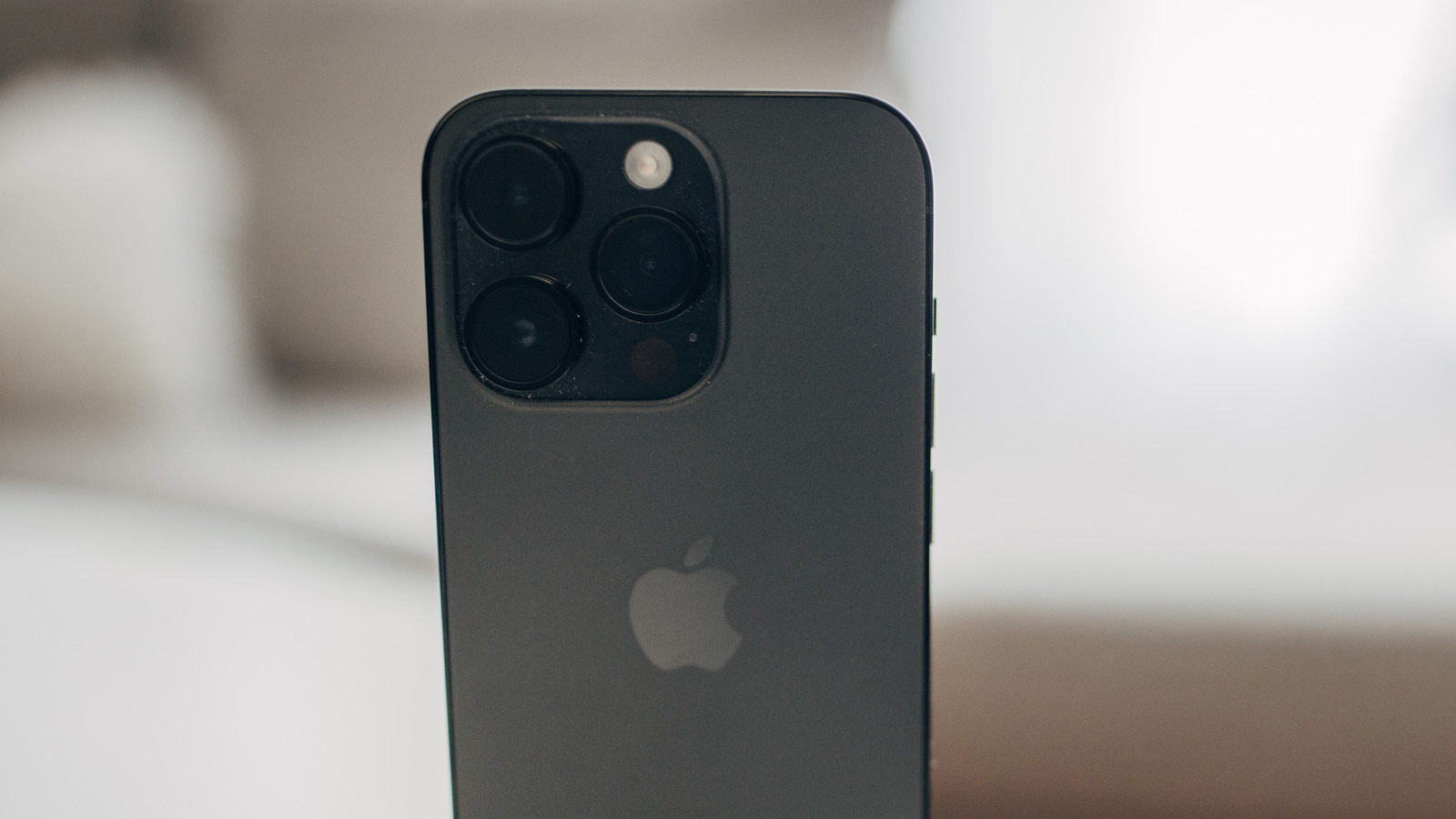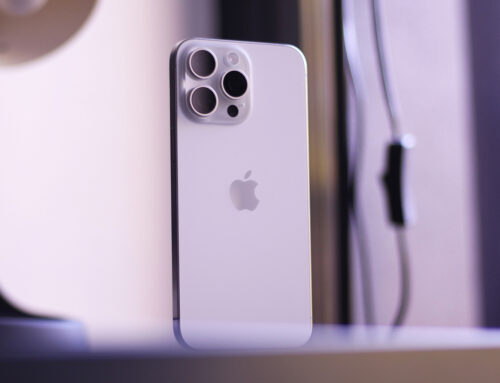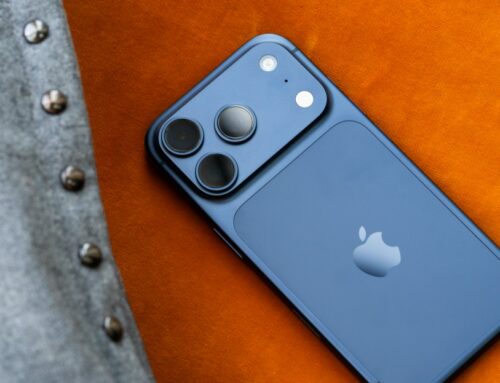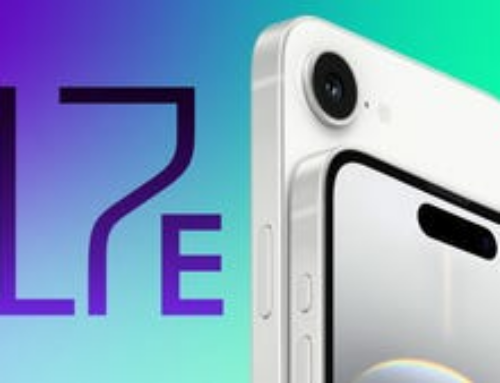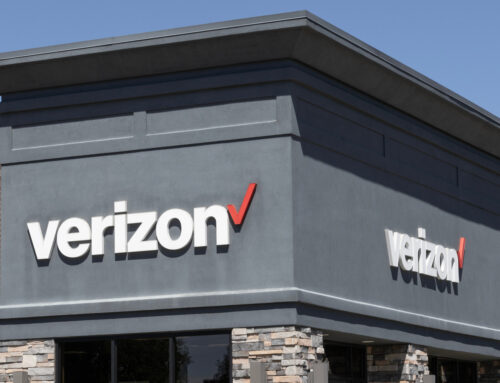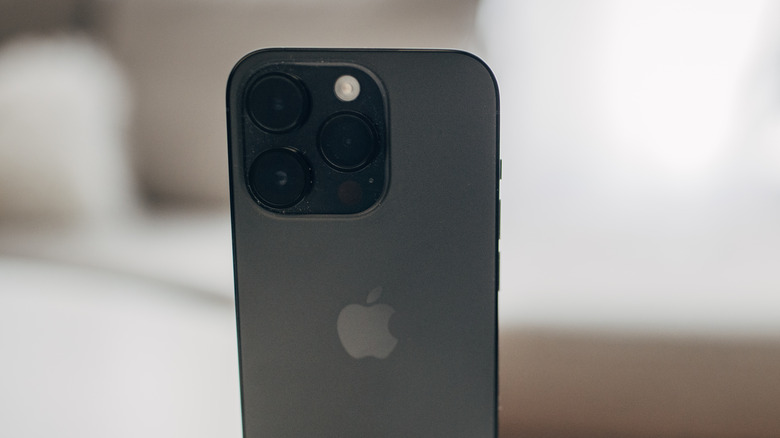
South_agency/Getty Images
Apple is said to have reared a program that would put buying iPhones behind the same model as app subscriptions. The project was expected to go live two years ago, but it looks like Apple has put it on cold ice. According to Bloomberg, the company has shuttered plans for an “iPhone hardware subscription service” and disbanded the entire team behind the ambitious undertaking. The concept reportedly borrowed from the app subscription model, with a yearly upgrade clause attached to it. Apple apparently discontinued the initiative in order to avoid market scrutiny and financial regulations that come attached with buy-now, pay-later and other such offerings, such as these alternatives to the now-defunct Apple Pay Later program.
Advertisement
Issues with the underlying software were apparently another reason that the project faced delays and was eventually scrapped. Carrier networks, which sell their own fair share of iPhones with cellular plans attached to them, also allegedly emerged as an obstacle in the company’s path. “The service would have competed with — and likely upset — Apple’s wireless carrier partners, which increasingly rely on installment programs and promotions to sell iPhones and retain customers,” says the report.
The service, assuming it saw the light of day, could potentially have major ramifications on the iPhone revenue, which is the biggest money-maker for Apple. Notably, Apple was hoping to build an iPhone subscription system with a completely in-house approach, instead of collaborating with banking institutions, insiders claimed. But creating an end-to-end infrastructure — that also covers aspects like insurance — is no easy task even from a logistics perspective.
Advertisement
A tough financial route to tread
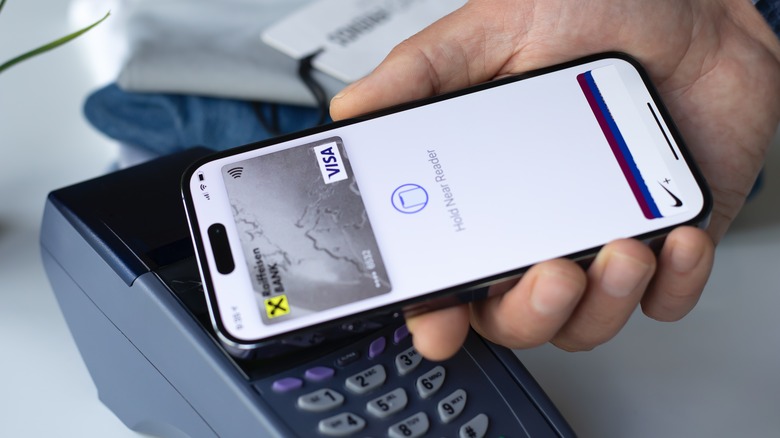
DenPhotos/Shutterstock
According to the report which cites unnamed insider services, Apple had already begun testing its iPhone subscription service within its Payments, App Store billing, and online store teams. The most notable aspect of the nixed service was that Apple would have end-to-end control over the whole chain. To that end, the company was reportedly planning to deploy an “in-house financial infrastructure” and create a loan system where Apple disburses the value of leased iPhones. In the long run, it would’ve potentially replaced the two current installment-based plans for purchasing iPhones, both of which are attached to banking institutions for handling the financial parts.
Advertisement
The iPhone Upgrade Program, which starts at $39.50 per month and guarantees a new model each year after making 12 payments, is currently backed by Citizens Bank. The Apple Card Monthly Installments system, which lets enthusiasts buy an iPhone (among other eligible products) with a 0% APR installment over a 24-month period, got support from Goldman Sachs Group. This partnership began in 2019, with Goldman Sachs labeling it as “game-changing.”
That deal, however, is not in a great state. A year ago, CNBC reported that Apple was ending its partnership with the banking giant, giving it an ultimatum worth 12-15 months. In October 2024, the Consumer Financial Protection Bureau (CFPB) slapped a hefty fine worth $89 million on the two parties over service breakdowns. Earlier this year, Apple also ended its Apple Pay Later offering. Ultimately, it seems the company may have grown wary of such hassles and canceled its iPhone hardware subscription dreams, for at least the foreseeable future.
Advertisement

